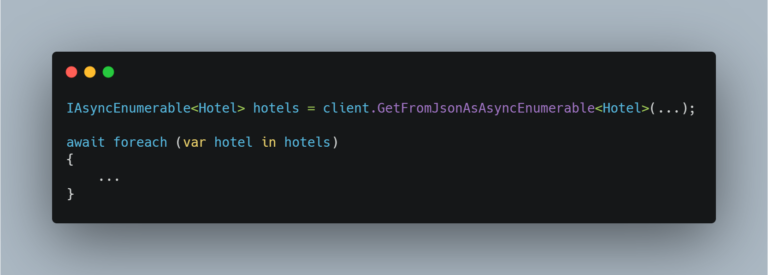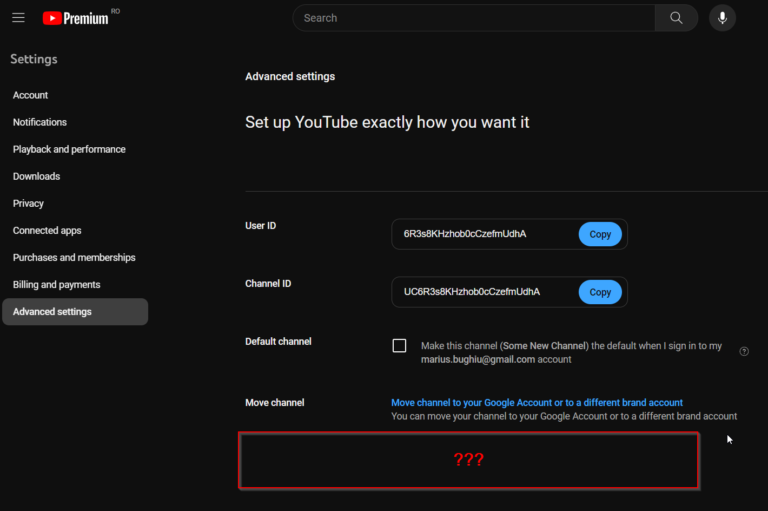C# – How to shuffle an array?
The easiest way to shuffle an array in C# is using Random.Shuffle. This method has been introduced in .NET 8 and works both with arrays and spans. The suffling is done in-place (the existing array/span is modified, as opposed to creating a new one and leaving the source unchanged). In terms of signatures, we’ve got:…


